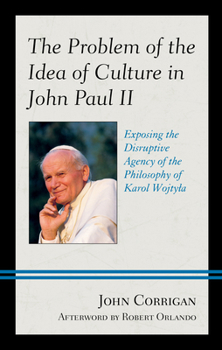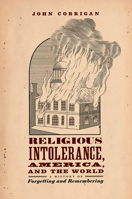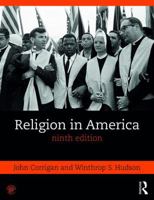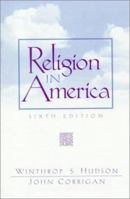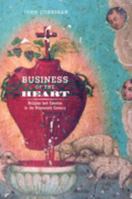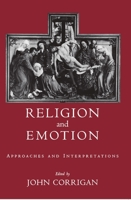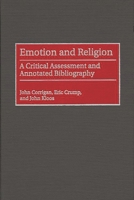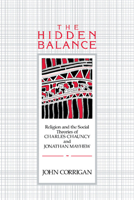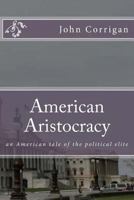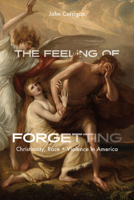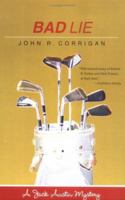The Problem of the Idea of Culture in John Paul II : Exposing the Disruptive Agency of the Philosophy of Karol Wojtyla
Select Format
Select Condition 
Based on Your Recent Browsing
Book Overview
John Corrigan unveils a new reading of Karol Wojtyla/Pope John Paul II as a disruptive agency in the history of philosophical thought, resulting in a reconsideration of the anthropological foundations of our idea of culture.
Format:Hardcover
Language:English
ISBN:1498583172
ISBN13:9781498583176
Release Date:November 2019
Publisher:Lexington Books
Length:254 Pages
Weight:1.20 lbs.
Dimensions:0.8" x 6.0" x 9.0"
More by John Corrigan
Customer Reviews
6 customer ratings | 6 reviews
There are currently no reviews. Be the first to review this work.











